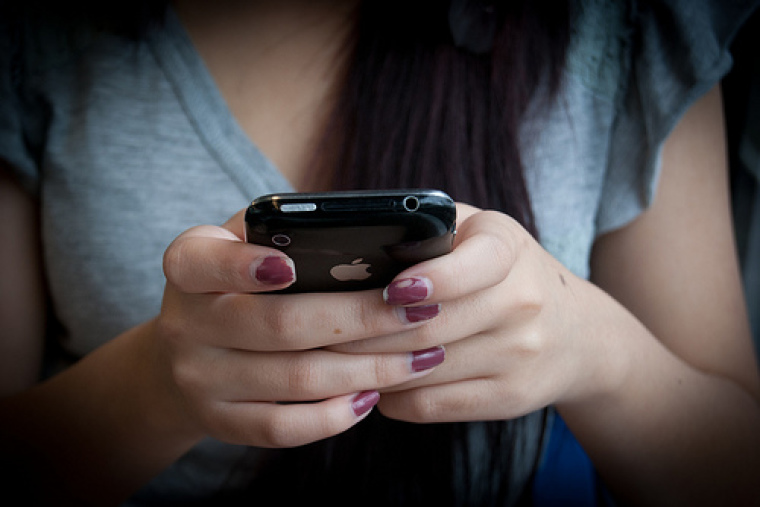

A day after the suicide death of a 10-year-old Sydney girl, the Commission for Children and Young People in Queensland released findings from its study on the relationship between social media and youth suicide on Sunday. While grief counselling has been organised for the former, insight from the 140 submissions made by the Commission has shown two sides to social media as far as the health of young Australians is concerned.
Prior to Sunday, the National Children's Commissioner Megan Mitchell published a major report on self-harm and suicide among young people last month that shows that one child suicide occurs on a weekly basis in Australia. Also in October, the New South Wales Parliament tabled the 2013 annual report of the NSW Child Death Review Team, which showed that child suicide numbers in NSW had peaked over an eight-year period—NSW Ombudsman and convener of the Child Death Review Team, Bruce Barbour, stated that too many preventable child deaths continue to occur. A national coalition of 30 organisations has been formed to develop an enhanced approach to youth suicide.
The Queensland data contributed to Ms. Mitchell's report, and conveys a warning to the many parents who manage their children's use of the Internet and social media. Of particular concern are the findings that young people are searching the web for ways to kill themselves, and that a form of online social status for those who commit suicide has become established. The Commission reported that "several" young people had used the Internet to find instructions that would assist them to take their own lives, while one teenager was influenced by the considerable response on social media following the suicide of another young person.
The Commission also identified a number of online memorial sites that had garnered over 2,000 members, even though most of those who had joined did not know the young person who had died. The word "contagion" was used in the media, alongside statistics that reveal that one-third of the 187 youth suicides in Queensland in the past 10 years involved people who knew someone else who had committed suicide.
While the benefits of social media have been proven in terms of reducing the stigma associated with youth mental health and broadening access to essential services for young people, research has shown that a significant negative influence has also emerged. In conclusion, Ms. Mitchell called for even more research, as she explained, "My major finding is too much is unknown."